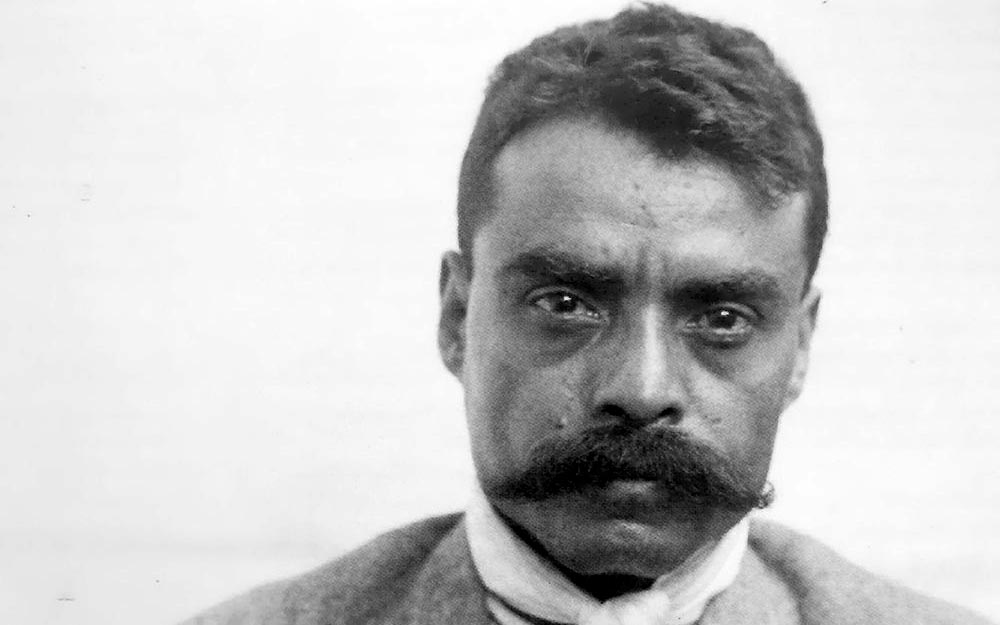La desesperada invitación de Peña a los candidatos
presidenciales estadounidenses para que lo visiten en Los Pinos, refleja la
angustia de los oligarcas mexicanos, sus socios trasnacionales y de la subclase
política del país, ante la posibilidad del triunfo de Trump y de que desbarate
el proyecto explotador-depredador que Washington y Nueva York diseñaron para
México, y que nuestra obediente y vasalla subclase gobernante ha impuesto al
país en las últimas tres décadas.
No sólo Peña se desdice de su promesa de “no intervenir en el
proceso electoral de Estados Unidos”, sino que abre de par en par al país, ya
sin máscaras ni engaños, a la intervención del gobierno de Estados Unidos en
las elecciones presidenciales mexicanas futuras, pues con toda tranquilidad el
próximo presidente estadounidense podrá invitar (citar) a los candidatos
mexicanos a sus oficinas en la Casa Blanca, y México no tendrá cara para
inconformarse, en vista de la estupidez que acaba de cometer Peña.
A Peña sus jefes de las grandes corporaciones que manejan la
globalización económica mundial y que están preocupadas por el nacionalismo
económico de Trump, le ordenaron que invitara al magnate para que le señale los
beneficios que el Tratado de Libre Comercio de América del Norte (NAFTA) tiene,
no sólo para México, sino para Estados Unidos, puntualizando sobre todo que en
caso de terminar dicho acuerdo, numerosas empresas de Estados Unidos se verían
afectadas y ello no necesariamente las haría volver a territorio estadounidense
(Trump tendría que desbaratar también los tratados de libre comercio con
Centroamérica, Colombia y Panamá, a riesgo de que de no hacerlo, las empresas
afectadas por la finalización del NAFTA, se trasladen a dichos países).
Así también, Peña le señalará que México ya es un vasallo de
Estados Unidos en materia de seguridad: 4 o más centros de “fusión de
información” en territorio mexicano, manejados por completo por los
estadounidenses; revisiones en territorio mexicano de pasajeros y mercancías
dirigidas a Estados Unidos, por parte de agentes armados de ese país; ventas de
armas y equipos de seguridad por cientos de millones de dólares a las fuerzas
armadas y policías de México, en el marco de la Iniciativa Mérida;
subordinación explícita de las fuerzas armadas mexicanas al Ejército de Estados
Unidos; etc.
En suma, Peña lo que busca es salvar el proyecto de
subordinación mexicana a Estados Unidos, que se vería en peligro con las
políticas propuestas por Trump.
Por supuesto, Trump utilizará la visita en su beneficio y
señalará después que “instruyó” o “amenazó” a Peña de que debe pagar por el
muro y de que debe renegociarse el NAFTA para que Estados Unidos logre
superávits comerciales con México. Es decir, Trump sacará provecho
político-electoral de la visita (y a los “hispanos” les dirá que el obsecuente
presidente mexicano le dio la razón en todo, sea o no cierto), mientras que
Peña habrá jugado el papel de tonto útil (algunos dirían inútil).
